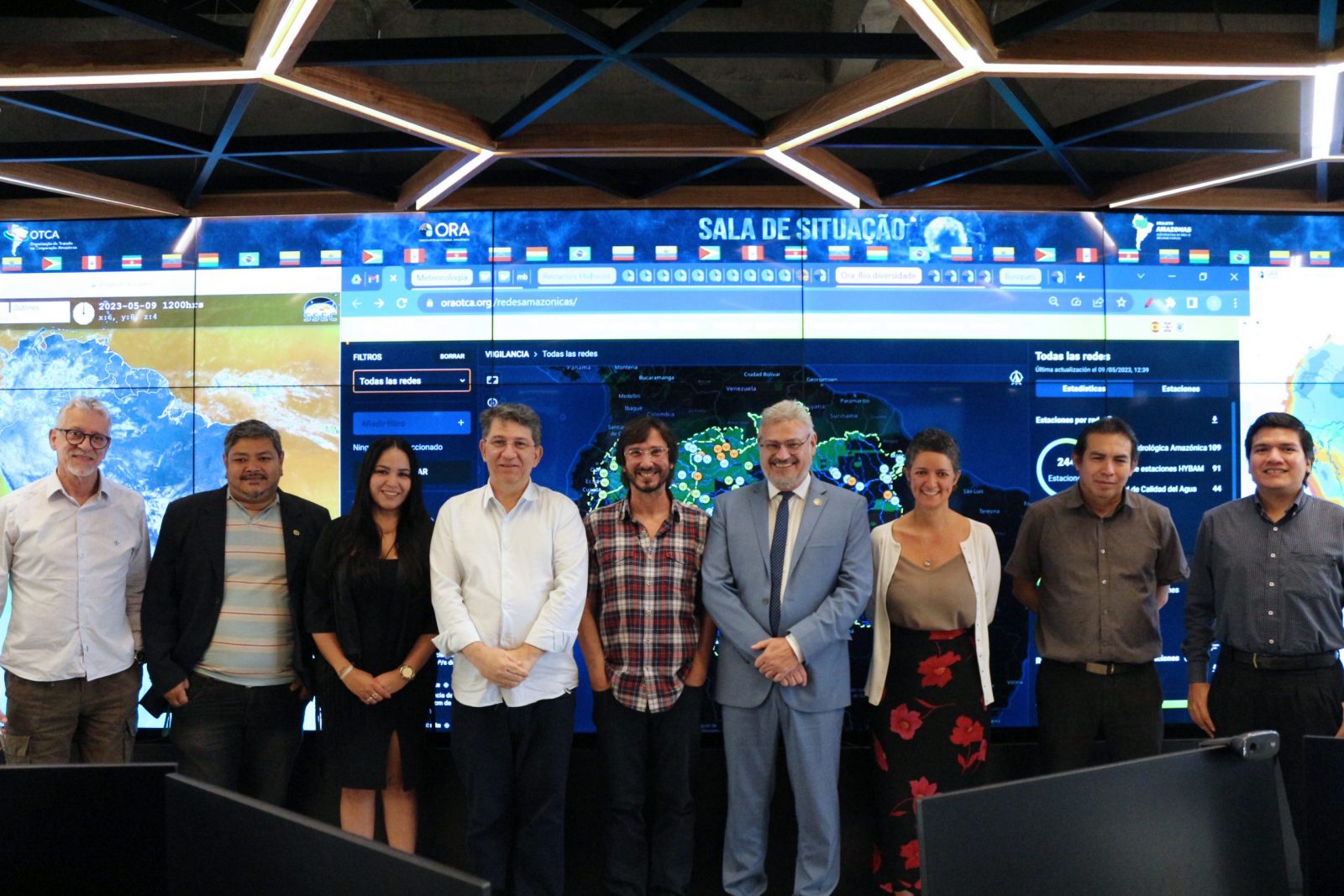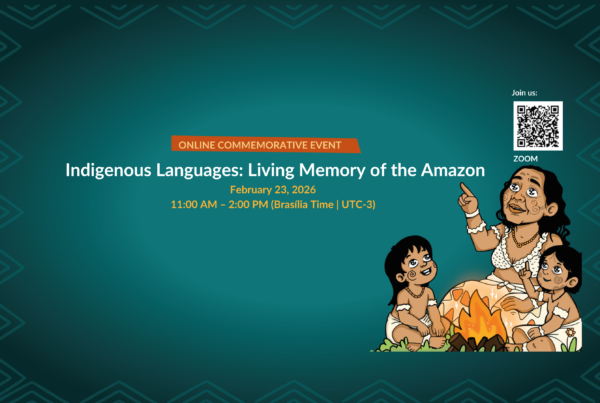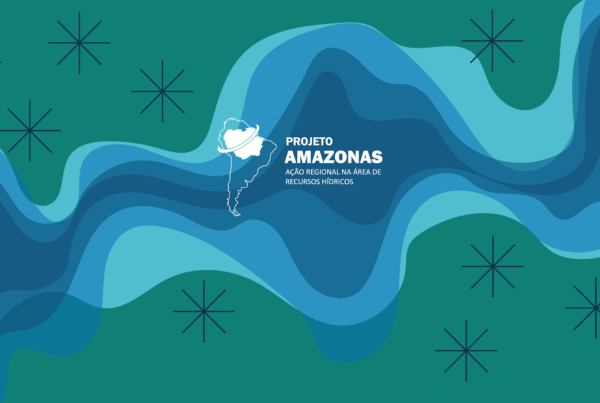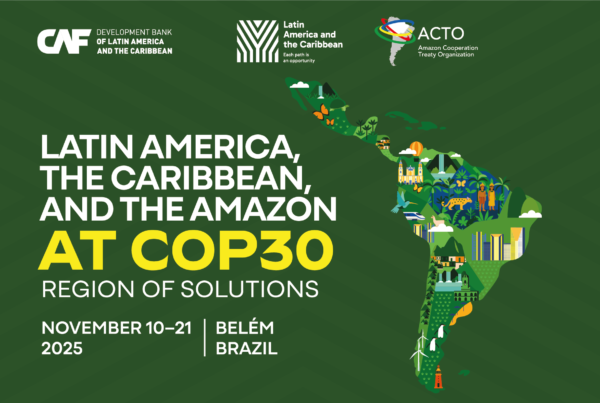On May 5, 2023, the Amazon Cooperation Treaty Organization (ACTO), with the technical team on Amazon Network of Georeferenced Socio-environmental Information, promoted a workshop at its headquarters, in both face-to-face and virtual formats.
The workshop was developed in a dynamic manner promoting a rich exchange of opinions and experiences related to a wide range of topics, among which the importance of sharing georeferenced information to strengthen the various services offered through the Amazon Regional Observatory (ARO) and the RAISG member institutions that are also registered as ACTO Member Countries (Bolivia, Brazil, Colombia, Ecuador, Guyana, Peru, Suriname and Venezuela) was highlighted.
RAISG member institutions were represented by technicians from the Socio-Environmental Institue (ISA, for its acronym) and the Amazon Institute of People and the Environment, both Brazilian institutions, as well as representatives from the Instituto Bien Común (IBC) of Peru and the Friends of Nature Foundation (FAN, for its acronym) of Bolivia.
The main topics addressed at the workshop were water resources, forest fires, and indigenous peoples, among others. The objective of the event was to exchange experiences and work methodologies to harmonize information from governmental, academic, and civil society sources, considering the different perspectives of the same reality, as well as to promote the potential for cooperation among the various actors involved in the socio-environmental conservation of the Amazon basin.
The occasion was an opportunity for the participants to learn about the ARO’s Water Resources Situation Room, which monitors the hydro-meteorological conditions of priority river basins and the main aquifer reservoirs of the ACTO Member Countries, to subsidize decision-making regarding the minimization of the effects of droughts and floods in the Amazon region.
The exchange of information and georeferenced data between the ACTO and RAISG promotes cooperation between actors and strengthens the construction of socio-environmental public policies for the Amazon region.



